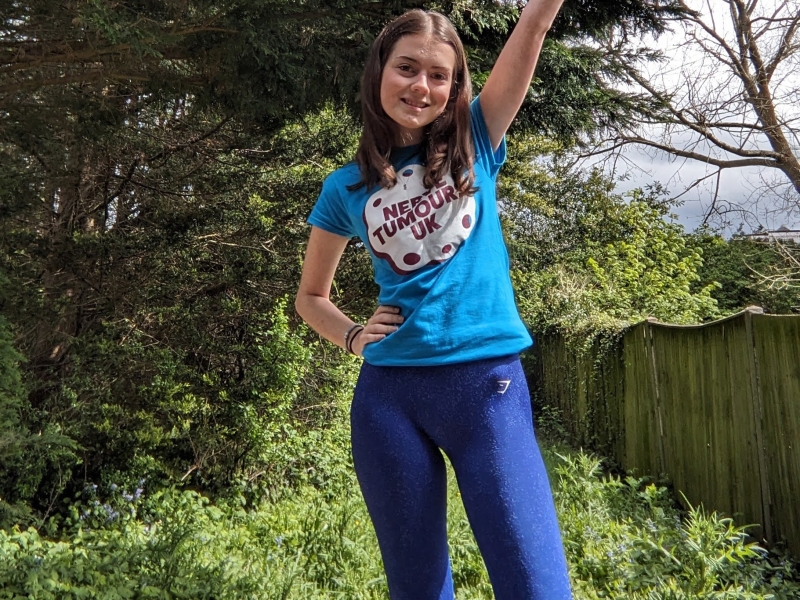Jane Frances
19 November 2019
Jane Frances
Jane Frances is a psychotherapist and was for many years Schools Specialist and Policy Advisor in Education at Changing Faces, UK. She is an expert in the psychology of visible difference.
She tells us of how findings from psychological research can help parents and teachers of children with Neurofibromatosis to better support them.
“I have worked with a lot of children with many conditions including NF, and I’ve found that the responses by other people to visible difference is pretty standard across conditions. The advice I give is based on research. ‘Common sense’, however well-intentioned, can lead to counterproductive interventions.
For example, if a child is staring at a child with a visible difference, the ‘natural’ reaction of the teacher is to say, ‘you mustn’t stare’. The result is that children learn to turn away, and the child with the difference feels even more isolated.
A better response is for the teacher to tell the staring child, ‘if you find yourself staring, smile and say ‘Hello, my name is Jane. What’s your name?’’
It is even more important that parents or the teacher coach the child who has NF to handle other children’s curiosity. The best strategy is for the child with NF to have something to say, like: ‘Don’t mind my lumps and bumps. I’ve got NF. Have you got something interesting about you?’ It is always good to round off with a question and engage – curiosity is the beginning of a relationship.
If the child is shy and nervous, the teacher might need to say, ‘Oh you’ve noticed Timothy’s unusual face. Well that’s the way Timothy’s face is, and did you know Timothy has a pet cat?’
We know from countless studies that it is harder for a child who looks unusual to make and keep friends. This is caused not by an aversion to the unusual face, but by an aversion to the stigma. The key, therefore, is to reduce or eliminate the stigma. The conversational strategies above will help. A curious stare is a door to a conversation and possible relationship.
Teachers’ expectations are also key: they need to hold in their heart really positive hopes for this child’s future. Many studies confirm the ‘Pygmalion Effect’: that lower expectations lead to lower results. Teachers aren’t doing children a favour by going easy on them. The child needs tough, high expectations.
These are just a few tips. You can get more information and resources for tackling issues of face equality and the impact of appearance at changingfaces.org.uk.”
– Jane Frances"The best strategy is for the child with NF to have something to say, like: ‘Don’t mind my lumps and bumps. I’ve got NF. Have you got something interesting about you? "
Filter News

Kelly’s Story
Find out how Kelly discovered her confidence after overcoming testing years at school and college.
Read More
Awareness Walks
Raise awareness with an organised walk within your community. We've put together some pointers to help you with planning.
Read More
Meena’s Awareness Raising Coastal Walk
NTUK trustee Prof. Meena Upadhyaya treks the Welsh coast to raise awareness of NF and rare diseases.
Read More
Breast Cancer in Neurofibromatosis Type 1
Professor Gareth Evans takes us through a summary of the current research around the links between NF1 and breast cancer
Read More_800_600_s_c1.jpg)
Bromley NF1 Info Day 2024
Join us for an insightful NF1 Information Day in Bromley on November 23, 2024. Expert talks, Q&A, and community connection.
Read More
Joanna’s Story
Joanna updates us on her breast cancer diagnosis, and how she's going above and beyond in her fundraising and fitness.
Read More_800_600_s_c1.jpeg)
Andrea’s Story
Andrea shares her long journey for an NF diagnosis and why she wants her story out there.
Read More_800_600_s_c1.png)
Advice for Students with NF1, NF2-Schwannomatosis, and Schwannomotosis
Expert advice, information and resources to help you get the most from university.
Read More


